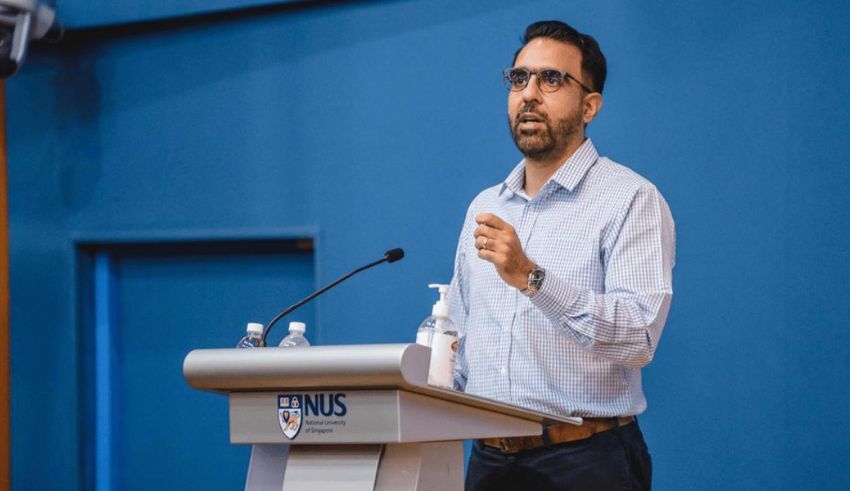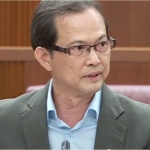
Singapore’s political arena, long admired for its order and decorum, has been thrust into the limelight with the recent charges against opposition leader Pritam Singh.
Accused of providing false te
mony before a parliamentary committee, Singh’s predicament has sent tremors through the city-state’s governance structure and has become a litmus test for the resilience of its democratic institutions.
The Charges at Hand
Pritam Singh, the esteemed leader of the Workers’ Party, faces allegations of giving false testimony during a probe into the conduct of a fellow party member. These charges are not merely a personal affront but strike at the heart of the opposition’s credibility in a nation where political contestation is often a tightrope walk.
Implications for the Opposition
The Workers’ Party, which has made significant strides in recent elections, now confronts a pivotal moment that could either bolster its standing as a viable alternative to the ruling People’s Action Party or diminish its hard-won gains². The outcome of this legal battle may well shape the future trajectory of Singapore’s opposition politics.
Keep Reading
This episode also casts a spotlight on the broader issues of governance and accountability in Singapore. It raises pertinent questions about the mechanisms in place to ensure that elected officials uphold the highest standards of integrity and the processes by which they are held accountable.
A Democratic Crossroads
As the case against Singh unfolds, it will undoubtedly become a focal point for discussions on the health of Singapore’s democracy. It presents an opportunity for the nation to reflect on the robustness of its political system and the role of dissent within it.
The charges against Pritam Singh have indeed shaken Singapore’s political scene, but they also offer a chance for reaffirmation of the principles that underpin the nation’s political ethos. How Singapore navigates this challenge will be telling of its maturity as a democracy and its commitment to the rule of law.





















